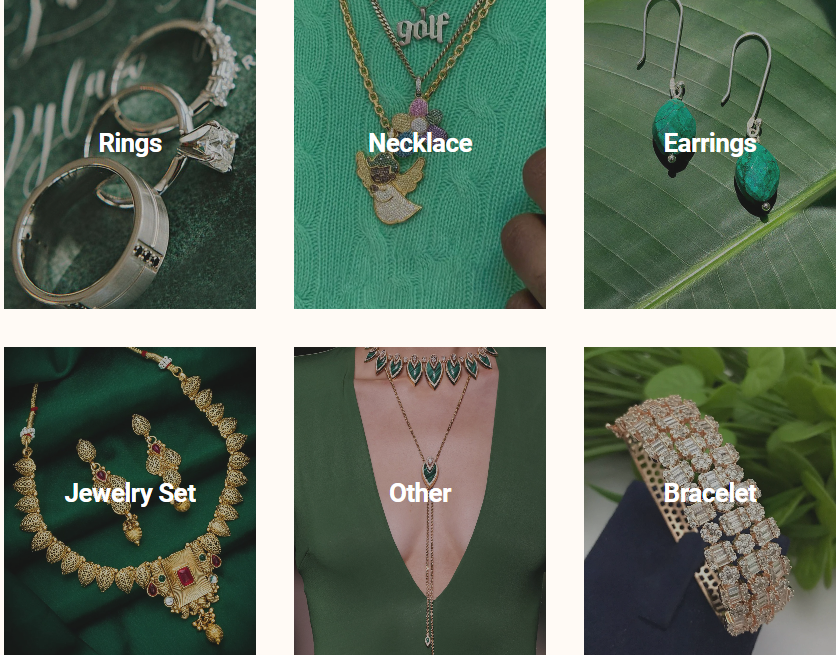The history of the American West tells of pioneers searching for gold and other precious metals. But when these intrepid adventurers arrived in western Montana in search of gold, they accidentally found a very strange and shiny stone. It was sapphire. Before the discovery of sapphires, pioneers did not know much about precious stones, which were considered worthless by ordinary gold seekers. More than 100 years later, the Montana mine¨s legacy value was discovered by a few miners who started a company and turned to sapphire deposits.In today’s market background, wedding ring Still maintain a strong sales data, and constantly beat the competitors in front of us. https://tonglinring.com/ ” target=_blank>
” target=_blank>
The biggest challenge is Montana¨s rugged terrain, a harsh winter that only allows construction for about six months a year, and a lack of water. Wildfires forced the closure of mines several times in 2017. Despite the challenges,2018 was the company¨s third year of full production, with more than 100 kilograms of sapphire raw stone recovered. In 2018, the company purchased more beneficiation equipment for the mine, which can process more ore and produce more sapphires each year. The company also pays special attention to the protection of the mine field environment and has implemented a strict mine environmental restoration program. They only allowed a single mining operation in a five-acre area, and after the mine environment was restored there was hardly any trace of mining. Special water filters have been installed to purify and treat mineral processing wastewater, supposedly to protect the river¨s native trout.
Sapphires here come in a variety of colors (Photo 1), including blue, brilliant yellow, orange and pink, but Montana rubies are very rare. Some sapphires come out of mining with a beautiful natural color, but most require heat treatment to change the color. Less than 1% of mined sapphires can be processed into 2-6 carat faceted gems, most of which are cut into 0.25-0.99 ct finished products. Last year the mine yielded a 64.14 ct rough sapphire, the largest quality sapphire ever found in Montana.
The company has no problem finding a market for large-grained sapphires. The biggest challenge is selling large numbers of small and medium-sized stones. The company is establishing trade relationships with jewelry processors in the hope of finding a Montana sapphire market within 0.5 ct. Their primary markets are in the United States and Canada. But they also see a growing international market and are using social media platforms to export to customers from India, Hong Kong, Sri Lanka and Europe. Montana Sapphire even has a presence in sapphire producing countries such as Australia, and with significant investment in mine infrastructure and a clearer marketing strategy, the Montana Sapphire story will continue to grow.